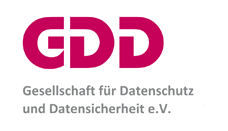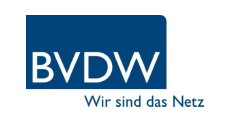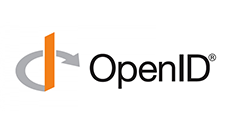Montabaur, 30.11.2022 – Germany has become more data-sensitive: Users in this country
are increasingly concerned about protecting their data on the web and are fed up with
cookies. This has been confirmed by a new representative survey conducted by the
market research company Innofact on behalf of the European netID Foundation. One in
two respondents would prefer the removal of cookie banners, which open automatically
on visiting a website. To avoid revealing too much personal information, almost one in
two (47.2 percent) also adjust their cookie settings and only allow essential cookies –
43.7 percent regularly delete their cookies.
The survey of 1001 Germans reveals that data sensitivity correlates with formal education. The
higher the level of education, the greater the resistance to data collection via cookies. This is
illustrated by a look at three examples of what Internet users actually do to protect their
personal data. First: The majority (51.3 percent) of those with a high school diploma or a
university degree actively monitor their cookie settings and only allow essential cookies – that
is, only those that are technically necessary. In the population as a whole, this figure is 47.2
percent. Second: 41 percent of high school graduates and 42.4 percent of college graduates
reject cookies whenever possible. Across all groups, this figure is 36.8 percent. Third: Around
one in four high school graduates/academics regularly manage their data settings on websites –
only one in five do so across the population as a whole. Overall, 43.7 percent of all Germans
delete their data regularly.
“The fact that German consumers are increasingly taking concrete steps to protect their
personal data on the Internet illustrates the growing awareness in society. With regulatory
measures such as the TTDSG, legislators want to better protect the privacy of users, but in
practice this leads to even more complex consent management and even more banners. The
system has reached a dead end,” says Jörn Strehlau, chairman of the board of the European
netID Foundation.
Login services seen as the most popular alternative to cookie banners
Half of the respondents (50.1 percent) would prefer to see consent banners abolished. However,
since websites are ultimately (co-)financed by their users’ data, Innofact also asked about the
popularity of possible alternatives. Registration using a log-in solution to access websites, with
17.9 percent approval, outweighs paid models: Only around one in ten respondents would
prefer subscription models (11.1 percent) and micropayment solutions (9.5 percent), even
though they could then surf ad-free. With netID, the European netID Foundation offers a login
that enables the use of numerous online services with a simple one-time registration.
The representative survey was conducted by Innofact AG from November 8 thru November 10,
2022. A total of 1001 people between the ages of 18 and 69 were surveyed.




